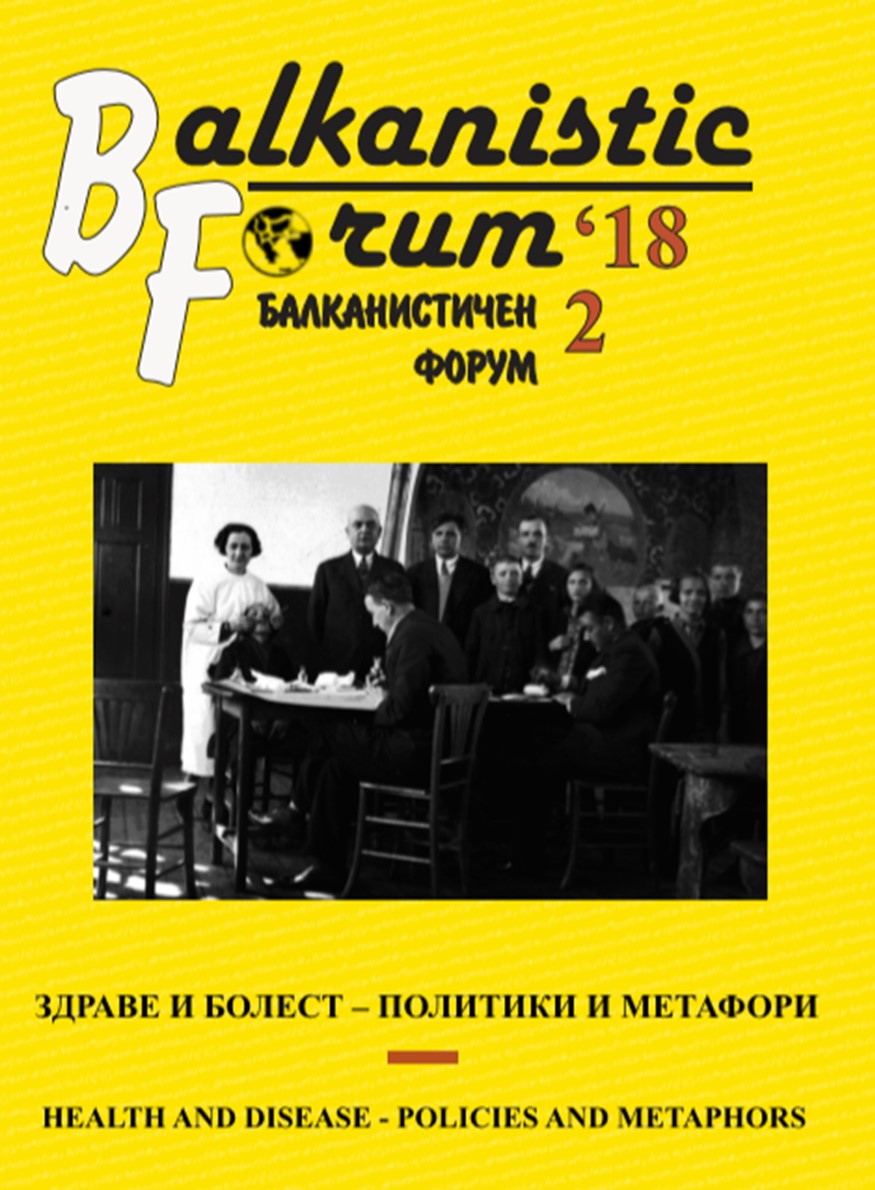Масонството – взаимовръзка между знание и власт
The Freemasonry – Connection between Knowledge and Power
Author(s): Vladimir LevchevSubject(s): History
Published by: ЮГОЗАПАДЕН УНИВЕРСИТЕТ »НЕОФИТ РИЛСКИ«
Keywords: Freemasonry; Enlightenment; Glorious Revolution; American Revolution; Royal Society
Summary/Abstract: Freemasonry has been the subject of many conspiracy theories. What is the real role of Freema-sonry in history, especially in the Age of Enlightenment and during the bourgeois revolutions of the 18th and the 19th Centuries? Freemasonry is both a social club and an esoteric philosophy. The masonic philosophy is expressed through a complex system of symbols and rituals. In her book The Rosicrucian Enlightenment historian Frances Yeats regards this philosophy as a bridge between the way of thinking of the Renaissance and the Enlightenment, between symbolic synthetic thinking and analytical thinking and experimental science. The Grand Lodge of England was founded in 1717, after the Gloriоus Revolution. The masonic lodge was a place where Anglicans and Puritans, bourgeoisie and nobility met and could work together after the Civil War. The masonic notion of “Great Architect of the Universe” includes the idea of God in all Abrahamic religions as well as the rationalistic deistic idea of God. Freemasons created the Royal Society of London for the Ad-vancement of Science. George Washington and most of the Founding Fathers of the United States were also Freemasons. Many revolutionaries, like Marquis de Lafayette, Simon Bolivar, San Mar-in, Jose Marti, and Giuseppe Garibaldi were Freemasons, as well as Zakhari Stoyanov, Angel Kanchev and Nikola Obretenov in Bulgaria. Although it doesn’t have such great importance in today’s society, Freemasonry played a significant role in the creation of modern Western democra-cies.
Journal: Балканистичен Форум
- Issue Year: 2018
- Issue No: 2
- Page Range: 182-190
- Page Count: 9
- Language: Bulgarian
- Content File-PDF

